SUMMARY
This is AI generated summarization, which may have errors. For context, always refer to the full article.
![[Rappler Investigates] Who’s fooling who?](https://www.rappler.com/tachyon/2024/02/rodrigo-sara-duterte-2019.jpeg)
It’s the day after Valentine’s Day and Ash Wednesday for believers and followers alike. The special occasions yesterday are not the reason, however, why this newsletter is reaching you on a Thursday instead of the usual Wednesday. Starting today, February 15, if you’re a subscriber to Rappler Investigates, you’ll be getting it in your mailbox every other Thursday.
Wednesdays are when the managers of Rappler get together for our weekly hours-long meeting to update each other, do quick assessments and fire-fighting as needed, and spot early on potentially hot issues before they get out of control. When CEO Maria Ressa is out of the country, she still joins the meetings remotely, unless time zones and her social obligations make it impossible.
Wednesday mornings usually leave Rappler managers frazzled and distracted, if not preoccupied with administrative tasks. After all, running a newsroom means looking beyond stories and content, and making sure there exists an enabling environment that allows journalism to thrive.
In our last meeting, for example, we discussed possible adjustments in our internship program that’s offered to students to make it mutually beneficial – a worthwhile learning experience for Rappler interns and a mentoring opportunity for us that has its own rewards. Given the state of journalism in almost any part of the world, one way of making sure journalism itself survives is seeing to it that journalists today have a successor generation that will guarantee newsrooms remain vibrant and populated with reporters and editors who will keep the fire burning, safeguard truth, and protect democratic freedoms.
DUTERTE GAMES. In the Philippine context, this acquires even greater significance post-Duterte. Some would argue that we’re not even quite there yet because the possibility of a Duterte resurgence remains very real. We’ve been sufficiently exposed to Duterte mind games from both father and daughter, but somehow a huge segment of the population remains captive to, if not enamored by, the Duterte brand.
Palace reporter Dwight de Leon aptly calls this guessing game a charade in his story, “2025 in the air: Revisiting the guessing game the Dutertes put up every election cycle.” Be sure to read it if you haven’t yet, and see how the flip-flops happened over time. It is political maneuvering, testing the waters, an attempt to outsmart the enemy, or a combo of all three – who knows? What’s painful is watching so many still falling for this kind of recurring political antics. I’d be interested to hear your own take about these trial balloons being released a year before elections.

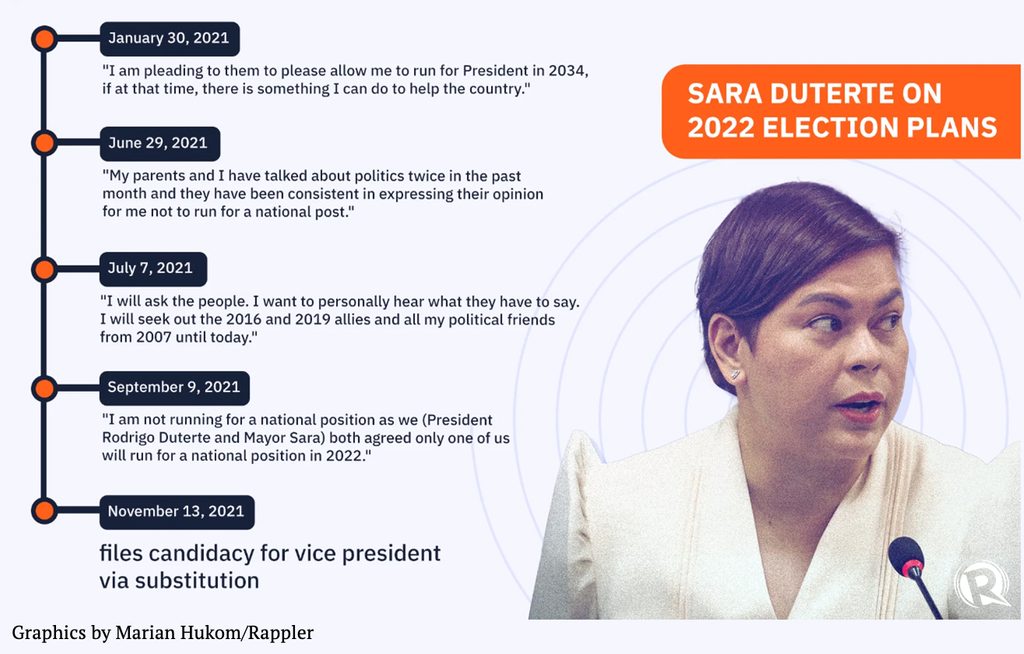
A related story was co-written by senior editor Mia Gonzalez and Senate/education reporter Bonz Magsambol: “As Marcos-Duterte clans clash, should Sara resign from the Cabinet?” If ever Sara does, she would lose access to the huge resources of the Department of Education (DepEd), whose teachers also play critical roles during elections. On the other hand, the Dutertes cannot afford to lose control of Davao, their bailiwick. In a sense, local is supreme to national – after all, it’s the local votes that keep nationally-elected politicians ensconced in power. If the Marcoses are entrenched up in the North, it would be foolhardy for the Dutertes to lose their grip in the South.
MUST READ:
- ICC case exposes Duterte’s desperation, Marcos’ indecisiveness
- Ex-Davao hitman Arturo Lascañas resurfaces as Uniteam sinks
PHILIPPINE EDUCATION. Speaking of DepEd, Bonz Magsambol reminds us in this story, “Why Filipino students performed poorly in global learning assessments,” that after close to two years, Sara Duterte has yet to introduce meaningful reforms in her own jurisdiction: education. In the 2022 Programme for International Student Assessment, the Philippines ranked close to the bottom (77th out of 81 countries) in global listings. Our 15-year-old students demonstrated “the lowest proficiency…in reading, mathematics, and science,” Bonz wrote. How tragic and worrisome is that?
What were some of the reasons for this? Teaching and learning methods, teacher quality, and inadequate resources.
In fairness to the Vice President and Education Secretary, she inherited problems from her father’s previous administration, which also had to deal with a debilitating pandemic that left many ill-equipped schools and teachers flat-footed. Inadequate resources adversely affected agility, but for sure, Sara’s inexperience in the field of education (being a mother is clearly not enough) exacerbated the situation. Can she help Filipino students bounce back and drastically rise from the bottom of rankings?
POLITICAL PRISONERS. After reminders about mortality and love this week, we ought not to forget, too, prisoners put behind bars for political reasons. Data obtained by Rappler’s Lian Buan from rights group Karapatan and support organization Kapatid show that there are 801 political prisoners in the country, 672 of them still awaiting judgment. On average, they wait for four years to be judged, but there are 27 who have been incarcerated for more than a decade already.
Under Duterte, many were red-tagged or accused of being communists (not a crime here in the Philippines because the Communist Party is not outlawed). They have languished in prison, their trial taking longer – in violation of the Supreme Court’s six-month-average continuous trial rule that took effect in 2017. Under the current Marcos administration, at least 90 have been arrested and put in jail.
According to Lian, if before activists were charged with subversion, now “most political prisoners are charged with common crimes, often illegal possession of firearms and explosives…”
Irene Khan, United Nations special rapporteur on freedom of opinion and expression, had recommended during her recent visit here that Marcos abolish the National Task Force to End Local Communist Armed Conflict. She also urged him to prohibit red-tagging by government and punish transgressors. Not surprising, there was no prompt response there. Only silence.
If you haven’t yet, be sure to download the Rappler app on iOS or Google Play and choose to join one or several community chat rooms that are safe spaces to exchange thoughts and ideas about whatever interests you.
Till Thursday after next! Help us continue doing our work well by supporting independent and quality journalism. – Rappler.com
Rappler Investigates is a bimonthly newsletter of our top picks delivered straight to your inbox every other Thursday.
To subscribe, visit rappler.com/profile and click the Newsletters tab. You need a Rappler account and you must log in to manage your newsletter subscriptions.
Add a comment
How does this make you feel?

![[OPINYON] Tungkol sa naging viral na social media conjecture](https://www.rappler.com/tachyon/2024/07/thought-leaders-conjecture-07262024.jpg?resize=257%2C257&crop_strategy=attention)




![[Vantage Point] Senate feud shields doubtful costs of new building](https://www.rappler.com/tachyon/2024/07/tl-Senate-feud-shields-cost-senate-building-July-10-2024.jpg?resize=257%2C257&crop=282px%2C0px%2C720px%2C720px)

![[OPINYON] Thesis for sale](https://www.rappler.com/tachyon/2024/06/tl-thesis-for-sale-1.jpg?resize=257%2C257&crop_strategy=attention)
![[The Slingshot] Blunders and mess Sara left behind at DepEd](https://www.rappler.com/tachyon/2024/06/TL-Sara-Duterte-DepEd-June-24-2024.jpg?resize=257%2C257&crop_strategy=attention)

![[EDITORIAL] Apat na taon na lang Ginoong Marcos, ‘di na puwede ang papetiks-petiks](https://www.rappler.com/tachyon/2024/07/animated-bongbong-marcos-2024-sona-day-carousel.jpg?resize=257%2C257&crop=280px%2C0px%2C720px%2C720px)
![[Newspoint] A little walk-back](https://www.rappler.com/tachyon/2024/05/tl-a-little-walk-back-05182024.jpg?resize=257%2C257&crop=215px%2C0px%2C720px%2C720px)



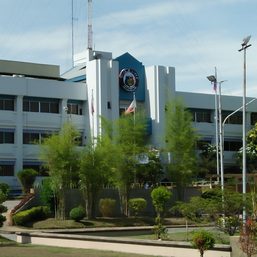

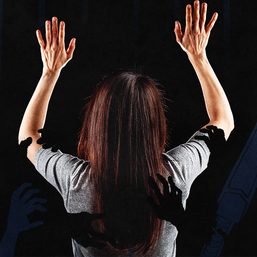
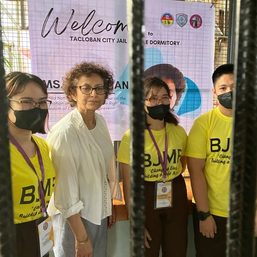
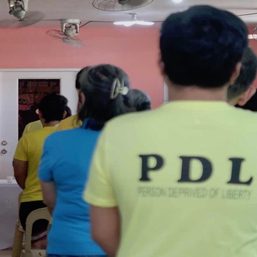



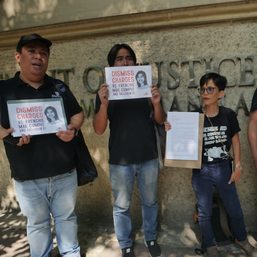
There are no comments yet. Add your comment to start the conversation.